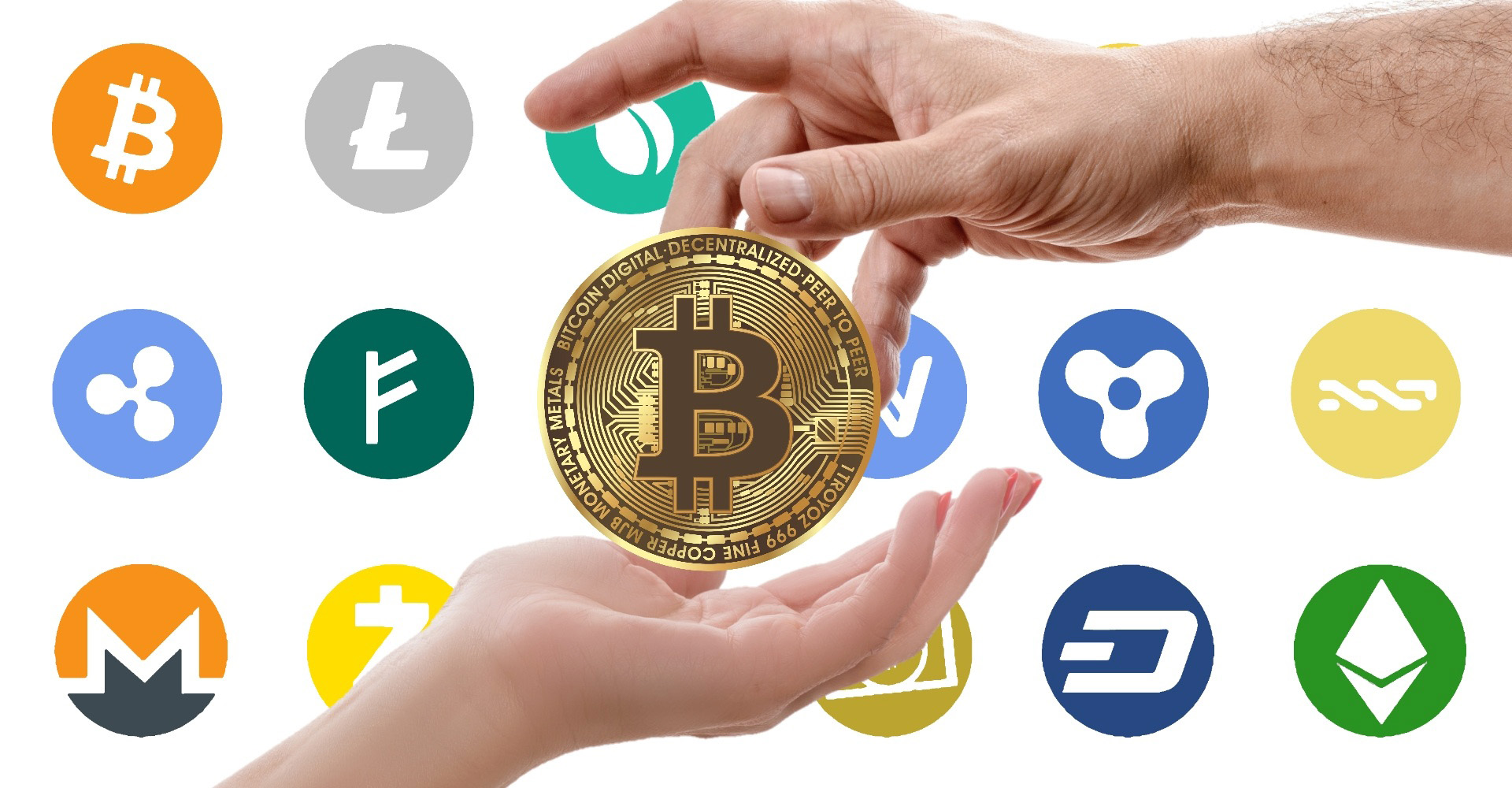The evolution of money throughout history is linked to the evolution of humanity. Money emerges in response to the low efficiency of bartering. Thus the first official minted coins are born in Turkey in the sixth century BC. We had to wait 1,400 years for a new form of money to emerge: paper money. Cash, both coins and bills, fulfills three basic functions that make it very attractive, which have facilitated its survival over the years: means of payment, unit of account and reserve of value.
The massive adoption of digital technologies originating in the last decade of the 20th century, thanks to the Internet and smart mobile phones, together with the extraordinary growth of computing and storage capacities at a lower cost, are radically transforming the patterns of personal, social and economic relationships. In particular, they are changing the way economic value is created and transmitted. The money, effective support of the economic activity and central element of our daily life, is today undergoing an intense process of disruption.
Nine pages signed just ten years ago under the pseudonym of Satoshi Nakamoto resulted in the birth of Bitcoin. The consequences of this innovation lead to the current debate on the so-called digital currencies. However, Bitcoin, the most famous of digital currencies, is not the first or the only one. It should be noted that there are currently more than 2,000 digital currencies in circulation, with a market capitalization of around 137,000 million euros. For some skeptics, it is a passing fad. For others, on the contrary, the emergence of digital currencies, together with the development of online payment methods or mobile payment and the decrease in the use of cash, may come to question the foundations of money as we know it today. .
Lack of trust in cryptocurrencies makes it difficult to use as a means of payment, unit of account or reserve of value
The development of Bitcoin and other digital currencies is based on a new technology called blockchain or, in general terms, distributed registration technology (Distributed Ledger Technology or DLT). Technological advances in connectivity, computing capacity, cost and, above all, in cryptography have allowed its development. Its disruptive nature is based mainly on the ability to decentralize certification processes in the digital world. In this way, a central authority is unnecessary to validate the transactions that are recorded. This work is done by the network of nodes by applying previously agreed algorithms. Thus, as the development of the Internet decentralized access to information, the development of this digital technology allows trust to be decentralized.
The first ten years of cryptocurrencies, and in particular Bitcoin, cast more shadows than lights. In the last three years, we have gone from the irrational euphoria of the end of 2017 to the current disenchantment, after losing Bitcoin almost 80% of its value from its maximum level. This high volatility, together with its use for illicit purposes, lack of robustness (theft) and efficiency problems affect the basic pillar on which any currency is based: trust. The lack of widespread trust in Bitcoin, as well as in the rest of cryptocurrencies, hinders its use as a means of payment, unit of account or reserve of value, and, therefore, to be considered as money itself.
In recent years, different alternatives to Bitcoin have been developed from the private sphere, as is the case with stablecoins designed under the principle of fiat money with the objective of reducing their volatility. In this type of digital currency its value is referenced to a collateral that will normally be a traditional currency like the euro or the dollar. Want to get more info about the criptocurrency? Visit www.facts.net!
